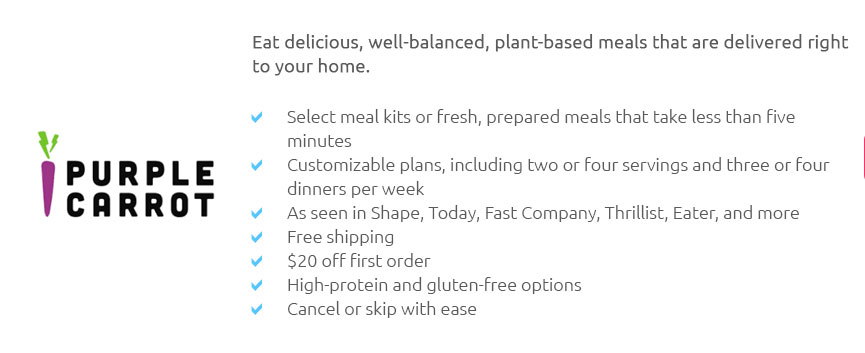 |
 |
 |
|---|
 |
|---|
 |
||||||
|---|---|---|---|---|---|---|
|
||||||
 |
 |
|||||
 |
 |
|||||
 |
 |
|||||
 |
 |
|||||
 |
 |
|||||
 |
 |
|---|
|
tksmabxhn4q Exploring the World of Organic Home Delivery MealsIn recent years, the demand for organic home delivery meals has soared, reflecting a growing trend towards healthier, more sustainable eating habits. This movement, often seen as a blend of convenience and conscious living, caters to those who wish to enjoy nutritious meals without the hassle of sourcing and preparing organic ingredients themselves. As busy lifestyles prevail, the appeal of having a delicious, chef-prepared meal arrive at one's doorstep is undeniable. At the heart of this service is the commitment to quality. Organic meals promise ingredients free from synthetic pesticides, genetically modified organisms (GMOs), and artificial additives, which many consumers find reassuring. Furthermore, the focus often extends beyond health to encompass ethical considerations, such as supporting local farmers and reducing carbon footprints. Companies in this sector are acutely aware of these values, and many take pride in establishing transparent supply chains that prioritize local and seasonal produce. The variety offered in organic home delivery meals is quite impressive. From traditional dishes reimagined with a healthy twist to globally inspired cuisine, there's something to tantalize every palate. Some services even offer customizable plans, allowing customers to select meals that cater to specific dietary needs, whether vegetarian, vegan, gluten-free, or keto. This flexibility is a key factor in the popularity of these services, as it allows individuals to maintain dietary preferences without compromise.
Nevertheless, it's not all smooth sailing. The price point of organic meal delivery services can be a sticking point for some. While the cost is often justified by the quality and sourcing of ingredients, it can be prohibitive for those on a tighter budget. Additionally, the environmental impact of packaging and delivery logistics is a concern for eco-conscious consumers, though many companies are innovating in this space, exploring compostable packaging and optimizing delivery routes to minimize their ecological footprint. In conclusion, organic home delivery meals offer a compelling solution for those seeking a convenient, healthy, and sustainable dining option. As the industry continues to evolve, driven by consumer demand and technological advancements, it will be intriguing to see how companies balance these competing priorities. With more people becoming aware of the benefits of organic eating, the sector is poised for further growth, potentially making it a staple in our culinary landscape. https://www.bonappetit.com/story/best-meal-delivery-services?srsltid=AfmBOor3GO0ARzEJAqs2B8Dew9olGyweWAfoO2YhYxhPnQ3IRjr8aLkO
Favorite meal they tested: Organic chicken breast with farro and ... While many food delivery services emphasize 30-minute home-cooked meals ... https://www.reddit.com/r/ReadyMeals/comments/rfx63o/can_anyone_recommend_a_good_organic_meal_service/
Daily Harvest (pre-made and frozen) is one of the biggest players in the plant-based pre-made meal delivery service. Their flatbreads are ... https://sunbasket.com/?srsltid=AfmBOopRcfOVp1BC2LV5BOmbeFm6NVvIGKbGWWyf2HfXDcsCenPlV-Fg
We believe everyone deserves to enjoy good food made from clean, high-quality ingredients and organic fresh produce. Sunbasket offers healthy meals delivered, ...
|
|---|


